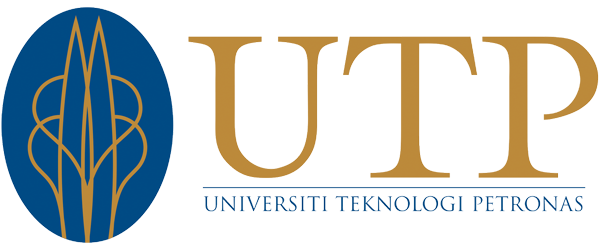Civil Engineering, a people serving profession, involves the application of engineering principles and applied sciences to the design, construction, operation, and maintenance of capital projects in a typical asset life cycle. This includes buildings, roads, bridges, dams, airports, water and wastewater treatment plants, oil and gas production facilities, special purpose structures and any engineered structures for the comfort of mankind.
Students are exposed to courses in computer aided design, surveying, transportation engineering, environmental engineering, geotechnical engineering, structural engineering, pavement and materials engineering, construction and project management, steel and concrete design, water and wastewater engineering.
In addition to the above courses, students are given the opportunity to major in one of these selected areas in the final year of their study namely:
-
Offshore Engineering
-
Environmental Engineering
-
Sustainability
-
Renewable Energy
